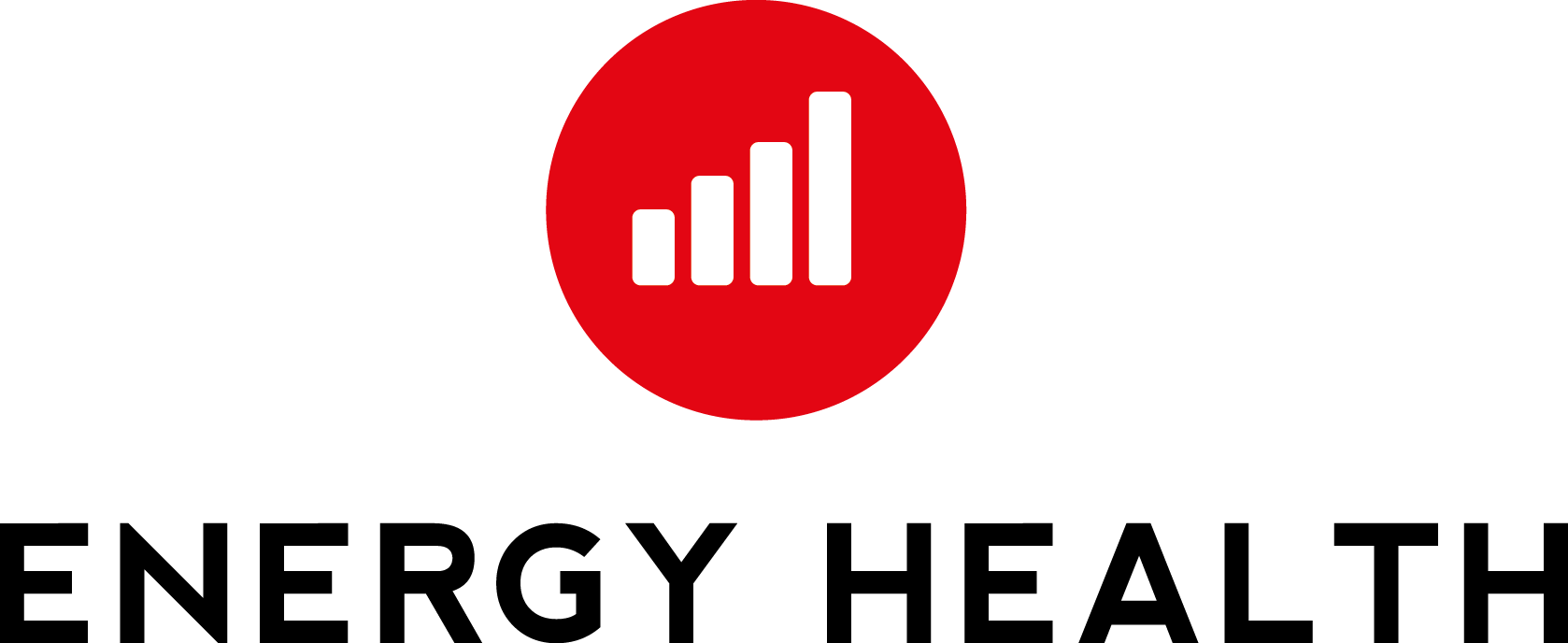We have all heard the old adage less is more. Just like we can over train in our physical workouts, we can certainly over eat, and, eat far too frequently as well.
Just as our muscles need rest and recovery, so too does our digestive system.
At Energy Health we know the benefits of fasting, and we think it is something you should consider further researching yourself.
Intermittent fasting (aka time restricted eating) is gaining momentum and credibility as a powerful health and wellness strategy.
Fasting is not a new concept. In fact, it has been said that fasting was mentioned in the Bible around 40 times, so we can safely say the practice of fasting, in some form or other, has been around for thousands of years.
Intermittent fasting (I.F) is definitely not a one trick pony when it comes to the benefits it can bring to your health, and to your exercise and fitness results.
I.F is simply defined as the time you spend not eating. The variations are only limited by your imagination, and whilst there are clear guidelines and increasing scientific evidence supporting I.F, the time frames are open.
Generally speaking, the most common I.F practice is a 16/8 (16 hours fasting with an 8 hour window to eat).
Some people like the 12/12 approach.
Other practices include the Warrior Diet (20/4) and the One meal a day approach (OMAD).
Some people fast daily, some fast on alternate days, and some might only fast once a week or every now and then.
There are also calorie restricted diets that set out to mimmick the effects of I.F (Valter Longo is worth researching further to find out more about this approach if that interests you).
There are fasting regimes that move beyond 24 hours and go for days, weeks, and sometimes even months!
Different time periods produce different results. The more you learn about I.F, the more you get to understand the power, and the dimensions of this simple strategy.
Did you know that around 80% of your bodies resources are used to digest food? When the body is not having to digest food, it can direct those resources to body maintenance and healing.
Let’s look at some facts and benefits about I.F;
Fasting is more about ‘meal planning’ – it is not a diet. It need not be fundamental either. Sometimes it can be just as simple as skipping a meal and ensuring you do not ingest any calories during that period.
Fasting helps you to detoxify your body.
Fasting is an effective strategy for weight loss, and dramatic fat loss.
Fasting increases autophagy. This can be simply explained as your old or damaged cells breaking down, then regenerating and strengthening and recycling the waste back into free fatty acids.
Fasting reduces insulin. As a result, your fuel is sourced from your own fat reserves. As a general guide, the fat burning process starts at around the 12 hour mark of a fast.
Fasting improves the condition of skin, hair and nails.
Fasting encourages nutrient uptake.
Fasting can increase natural levels of human growth hormone (HGH) by multiples. HGH is responsible for healthy bone and muscle growth. In fact a scientific study conducted in 2007 by the Intermountain Medical Center Heart Institute, found that;
“During the 24-hour fasting periods, HGH increased an average of 1,300 percent in women, and nearly 2,000 percent in men.”
Fasting improves mental capacity. Your brain goes into survival mode during a fast and becomes hyper focused. Fasting also promotes more generation of neurons in the brain.
Other studies have shown that a 30% reduction in caloric intake resulted in significant memory improvement and increased synaptic and electrical activity in the brain.
Fasting, particularly beyond 72 hours, is said to reset the bodys immune system, detoxify the body, and it helps the body to create new stem cells.
Digestion is also greatly improved with fasting.
Fasting reduces inflammation.
Fasting before a workout can also increase HGH and burn more fat.
Another benefit with intermittent fasting is the awareness that comes from turning your eating habits on their head. You start learning and experiencing that like a lot of things in our lives, we have the power to improve our bodies naturally and easily – without the need, or requirement, for medication or drugs to do it.
The power of the above level of awareness across other areas of your life can not be understated.
As for hydration during a fast? To keep it simple, stick to green tea, water, and black coffee without added sweeteners or milk additives.
Intermittent fasting is another powerful tool you can consider adding to your health and well being toolbox.
As with any approach to health and wellness, it is always good practice to do your own research (DYOR) following any advice or information.
Seeking the opinion of a health professional is also strongly recommended before undertaking any new diet or fitness regime, particularly if you have existing health concerns.
Just don’t be surprised if your health professional doesn’t know too much about intermittent fasting!






Leave A Comment
You must be logged in to post a comment.